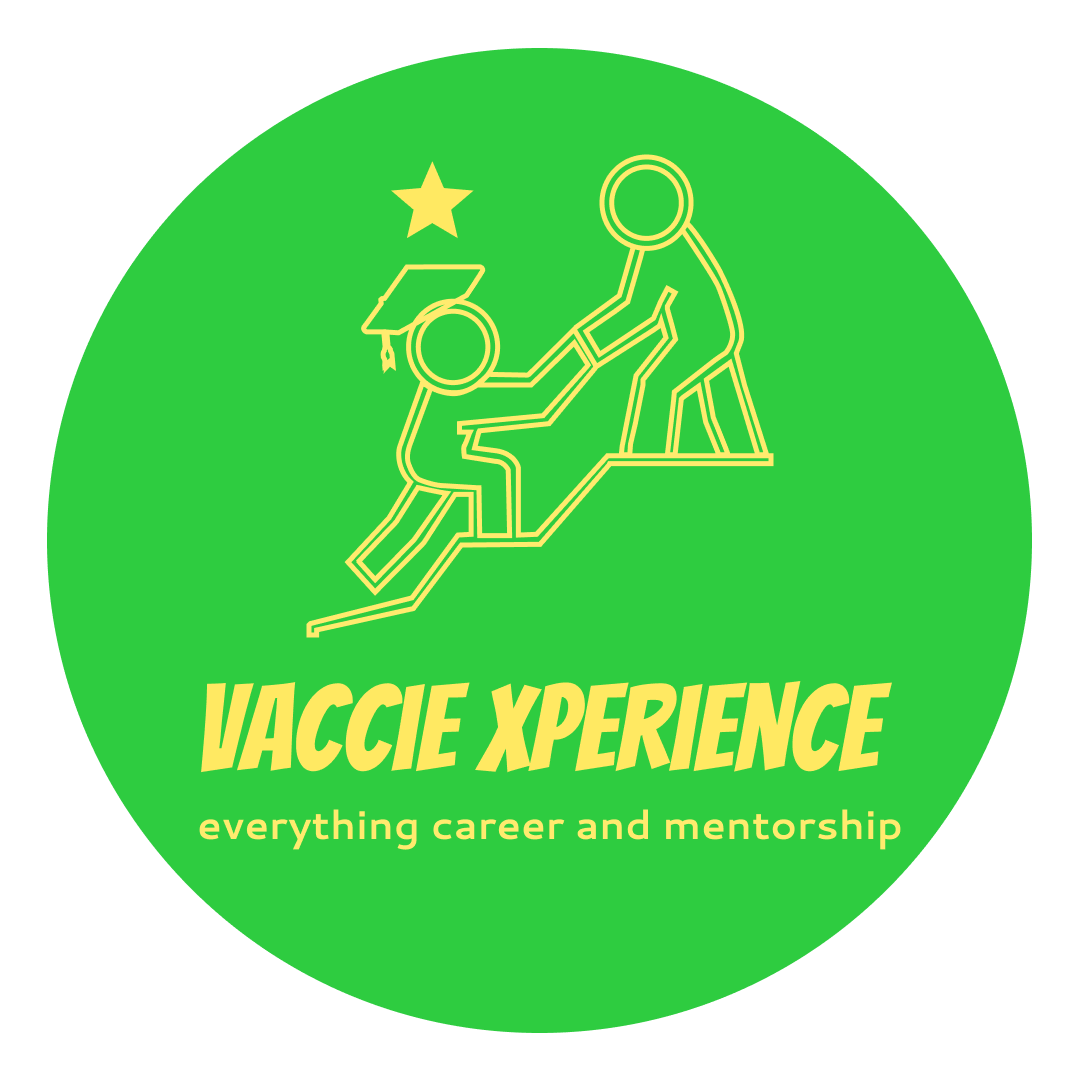"Empowering Futures, One Connection at a Time."
Explore: Sports Development Assistant
Brief description of the role
Key responsibilities and day to day tasks of the job
– I assist with planning and running sports and recreational activities for children and teens in the community.
– I help set up equipment and ensure that all gear is safe and ready for use before each session.
– I support the lead coaches during training sessions by helping demonstrate exercises, supervising drills, and encouraging participants.
– I monitor participation and take attendance to track progress and involvement.
– I assist with organizing small tournaments or community sports days, including coordinating teams and helping with logistics.
– I sometimes help with administrative tasks like printing schedules, updating noticeboards, or assisting with registrations.
– I ensure that all participants follow safety rules and that the sports environment is inclusive and positive.
– I occasionally help guide kids through basic warm-ups, cool-downs, and teach teamwork and fair play.
Skills most important for success in this role
Success as a Sports Development Assistant hinges on two core skills: communication and leadership. Communication is vital when working with athletes, coaches, schools, or community partners. Whether you’re explaining a training drill, motivating a team, or coordinating logistics for a sports programme, you need to express yourself clearly and adapt your message to different audiences — from young children to sponsors or stakeholders. Strong interpersonal communication also helps you build trust and keep everyone engaged and on the same page.
Equally important is leadership — not just in terms of managing teams, but in showing initiative, setting an example, and inspiring participation. A Sports Development Assistant often plays a key role in encouraging participation in sport, particularly in under-resourced communities. Being able to take charge of planning training sessions, facilitating community games, or managing equipment means you must be organised, proactive, and confident. These leadership moments build your credibility and shape the development of athletes and sports programmes alike.
School subjects / tertiary courses / required certificates
School Subjects:
Life Orientation
Physical Education (if available)
Business Studies (for admin and event planning aspects)
English (for communication and report writing)
Tertiary Courses (optional but beneficial):
Diploma or Degree in Sports Management
Certificate in Community Sports Coaching
Recreation and Leisure Studies
Youth Development or Social Work (with sports modules)
Recommended Certificates:
Basic First Aid Certificate (very important when working with youth and physical activity)
Coaching Level 1 Certification (e.g., from the South African Sports Confederation and Olympic Committee – SASCOC)
Child Protection Training (often required when working with minors)
Optional: Fitness Instructor or Personal Training certificate (for advanced roles)
Kind of work environment (e.g Office based, remote, fieldwork etc)
– Outdoor setting – Local sports fields, community centers, or school grounds
– Indoor facilities, such as community halls or gyms, for meetings or events
– Occasional office-based tasks for administrative work like reporting, planning events, or coordinating schedules
Potential career progression opportunities in the field
A Sports Development Assistant can grow into several rewarding roles within the sport, fitness, and development sectors. With experience and possibly further training, you could become a Sports Development Officer, managing full-scale programmes and coordinating multiple teams or regions. You may also advance into coaching, becoming a Certified Coach in a specific sport and working with competitive teams or at professional academies.
For those with an interest in broader impact, there’s the opportunity to become a Community Sports Coordinator or move into sports policy and planning roles within government departments or NGOs. Others choose the education route, becoming Physical Education Teachers or School Sports Coordinators. With the right qualifications, you might also enter sports psychology, physiotherapy, or event management for tournaments and leagues. The field offers exciting pathways into sports media, sports business, or even launching your own training or youth fitness organisation.
Are there any internships, work experience or volunteer opportunities that would help gain exerience in this field
There are many practical ways to gain experience in this field. Volunteering as a coach or assistant at school sports days, local clubs, or youth leagues builds foundational skills. Organisations like Sport for Social Change Network (SSCN), Grassroot Soccer, and Coaching For Hope in South Africa provide programmes where you can assist with sports training while supporting youth development and health education.
You can also look into internships with municipal sports and recreation departments, university sports departments, or NGOs that run after-school programmes. The Department of Sport, Arts and Culture (DSAC) often offers internships for young graduates interested in sport administration or development. Programmes like LoveLife, Active Communities Network, or Siyadlala Mass Participation Programme often include sport-based community work that blends coaching with social development.
For extra preparation, short courses in sports coaching, first aid, or child and youth development (available via platforms like Coursera, Udemy, or SETA-accredited providers) can help you stand out when applying for roles or starting your own initiative.
